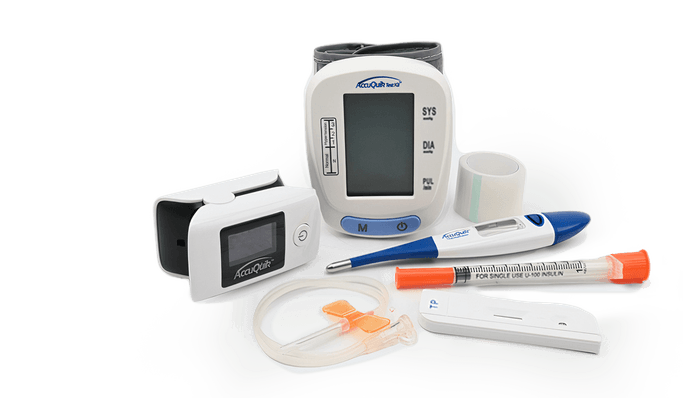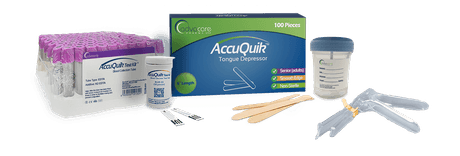What are Lab Supplies?
Lab supplies in the medical field include various pieces of equipment, instruments, containers and consumables used in laboratory settings for research, analysis and diagnostic purposes. They are important for supporting scientific investigations, performing tests, and producing reliable and accurate results.
Laboratory equipment can facilitate the collection, preparation, and analysis of biological samples, chemicals and other substances. They are utilized in clinical laboratories, research facilities, academic institutions and pharmaceutical companies. The main benefits of medical lab supplies include:
- Standardization and Accuracy: Laboratory tools and equipment are designed to meet specific quality standards and ensure consistent and accurate results. Standardized laboratory instruments help maintain uniformity, enhancing the reliability and reproducibility of experiments and tests.
- Safety and Contamination Control: Laboratory supplies, such as gloves, safety glasses, and protective clothing, help ensure safety by reducing the risk of exposure to hazardous substances. Sterile containers, blood collection instruments, and disposable items minimize the potential for the contamination of blood samples and other specimen, thus preserving the integrity of test results.
- Efficient Workflow: Lab tools can streamline laboratory processes, optimizing workflow and saving time. Dedicated laboratory tools and equipment, automated systems, and well-organized consumables enhance productivity, allowing researchers and healthcare professionals to perform experiments and tests more efficiently.
- Quality Control and Assurance: Lab equipment undergoes rigorous quality control processes to ensure reliability and accuracy. Regular calibration, maintenance, and adherence to regulatory guidelines in handling lab tools help maintain the quality and consistency of results. This enables researchers and healthcare providers to make informed decisions based on robust data.
- Enhanced Research and Diagnostic Capabilities: Lab tools enable advancements in medical knowledge and patient care. They support research investigations, facilitate the development of new diagnostic methods and treatments, and contribute to the understanding of diseases and their underlying mechanisms.


